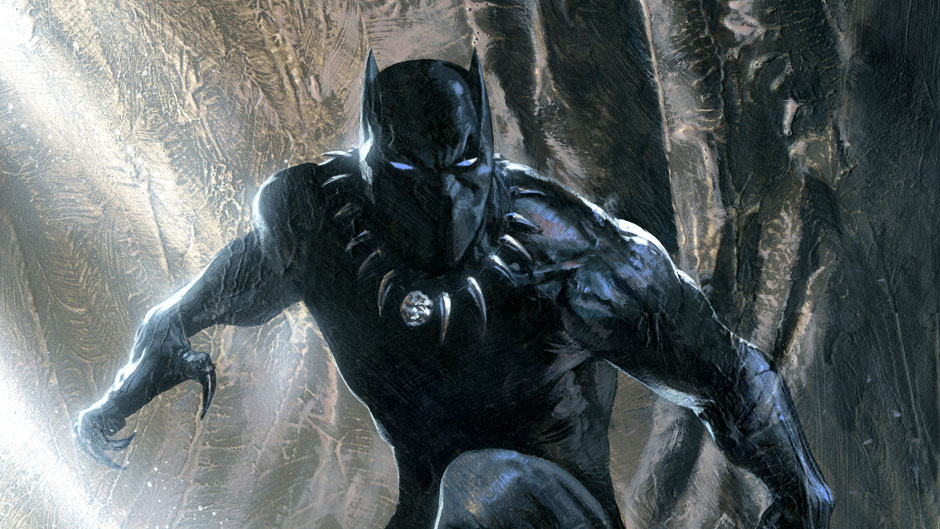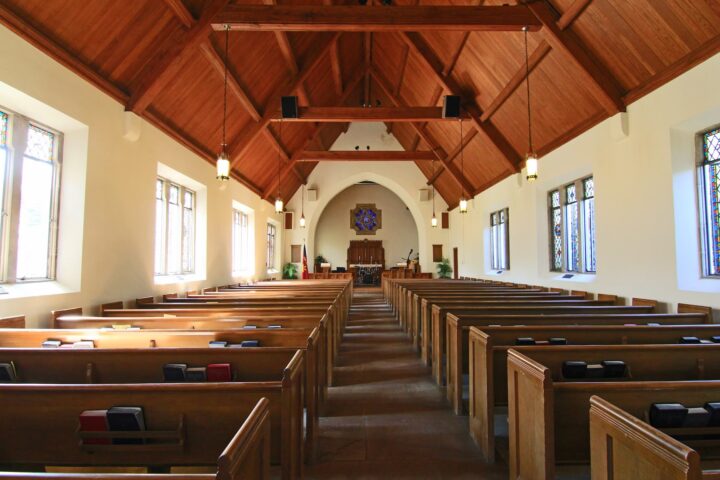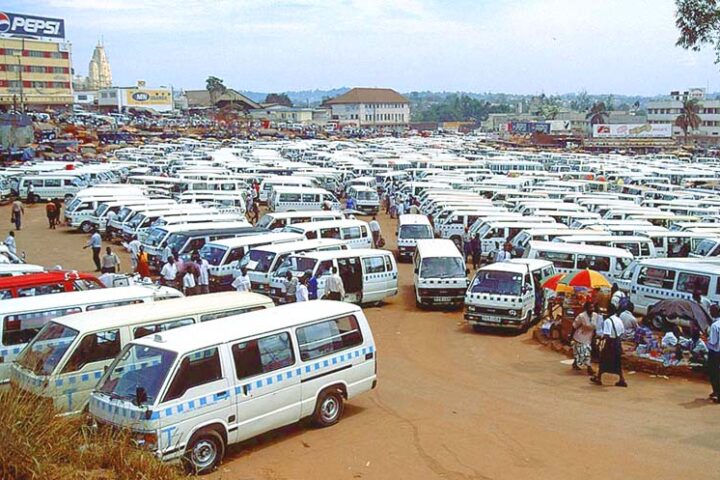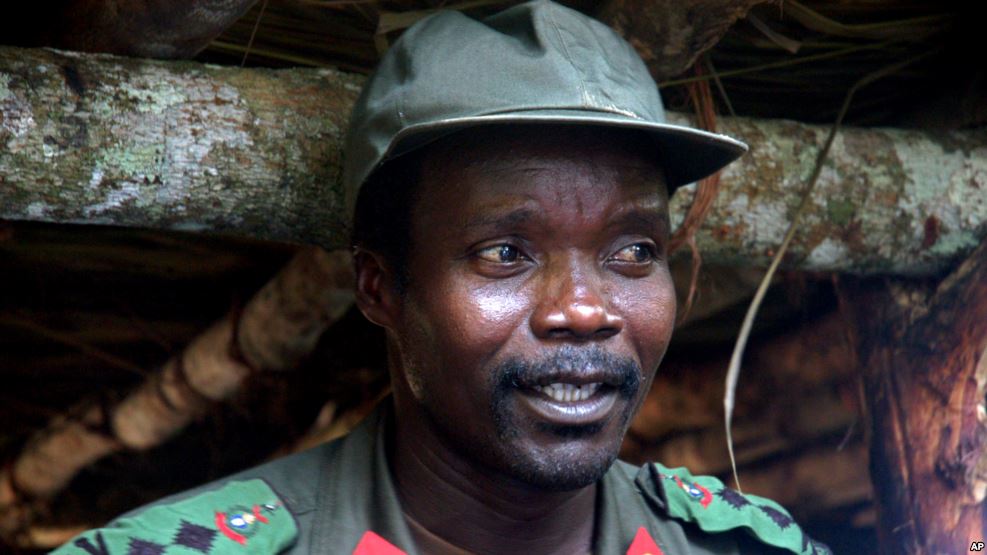With all the excitement about Black Panther, I caught up with Derrick Kibisi, founder and director of Talking Films. This is the Ugandan production house that worked on Disney’s Queen of Katwe and coordinated the aerial shots gave the Marvel film some of its breathtaking portrayals of Wakanda (the fictional civilisation in Black Panther).
I have been aware of the aerial filming since late 2017 – it just so happens that my cousins Derrick Kayonga and Tristan Zitoni both work part time on Talking Film projects – part of an extended creative family doing content work on news, film and documentaries from Uganda.
They include Justin Dralaze of Take 5 Productions and my new collaborators on content projects Michael Owor a.k.a Bush Baby and Joshua Mwesigwa who we call Josh the Fixer (both from Raising the Bar Productions and VUQA Television).
Ugandan film production is more or less dominated by small and individual projects – mostly for local consumption. The bulk of it goes into music videos, skits, ads and small advertorials but feature length work is also done. Interest in medium is growing and good production techniques mean that Ugandan producers and their audiences have escaped the low-quality birth pains of mass produced content from NollyWood – Nigeria.
While firms like Talking Film make their money and their mark from servicing more established production companies like Anglo-production company Marzano Films (Black Panther) or MoonLighting Films (Queen of Katwe), their involvement is a gateway to greater participation of local talent on global cultural products that are of significance.
Both Queen of Katwe and Black Panther have struck a chord with local audiences and stirred an interest in issues of African identity, pride and cultural contributions ( which folks like me consider the important work of film in giving future Africans the tools to tell their own story.
Black Panther featured aerial shots over the Rwenzori Mountain range and Bwindi Impenetrable Rain Forest (home to mountain gorillas). Both are well known tourism destinations. The movie may yet find that it has created a new awareness of the natural wonder of these areas – just a part of the many great sights to see in Uganda. Local enthusiasts would probably like to know that Marzano shot the scenes in Uganda and titled it “Motherland” so few knew that it would end up in the Marvel epic.
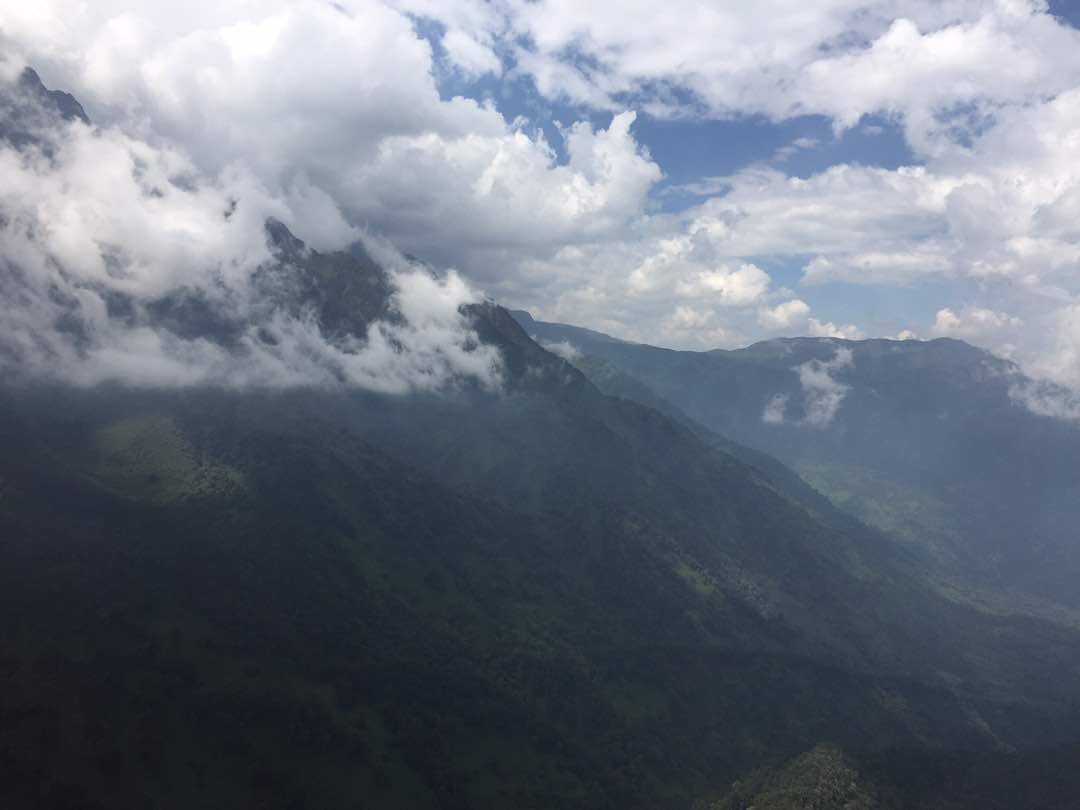
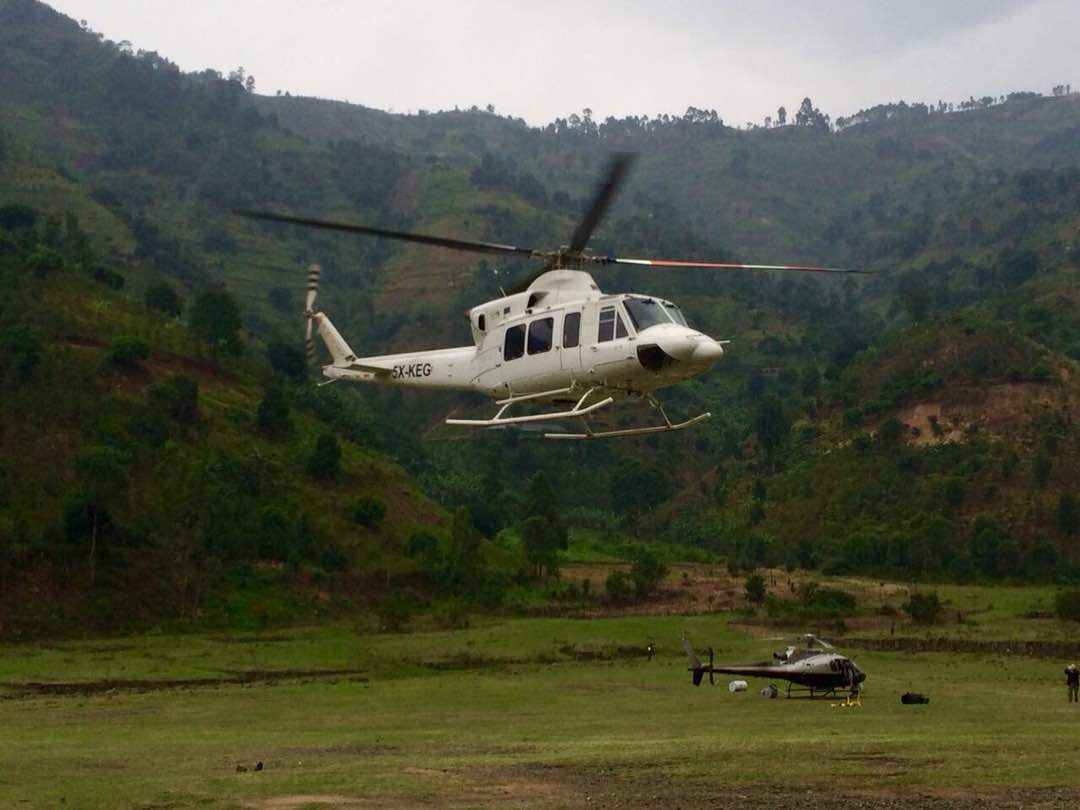
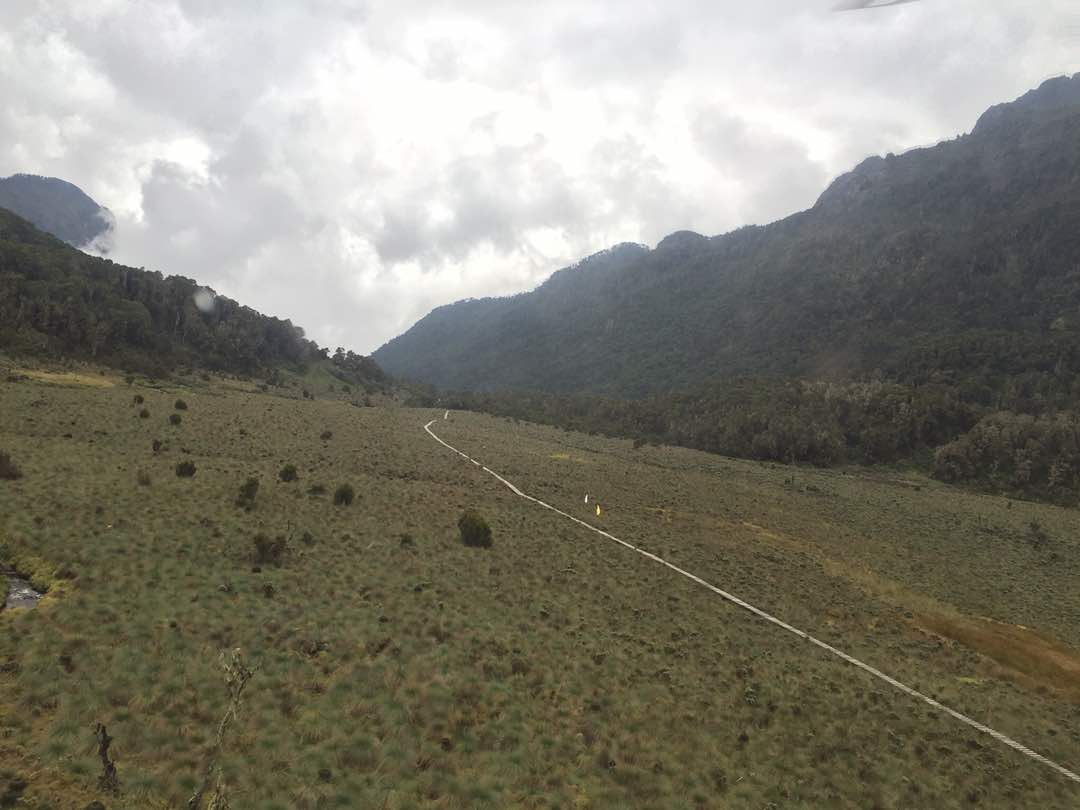
So fitting perhaps.
Talking Film and the Marzano team used two helicopters and three Carvan Planes ( according to the company), 15 vans for transport and 35 crew in total. The Ugandan police provided 15 officers and two close protection body guards were independently hired ( the value of local film production is the direct employment and use of local services).
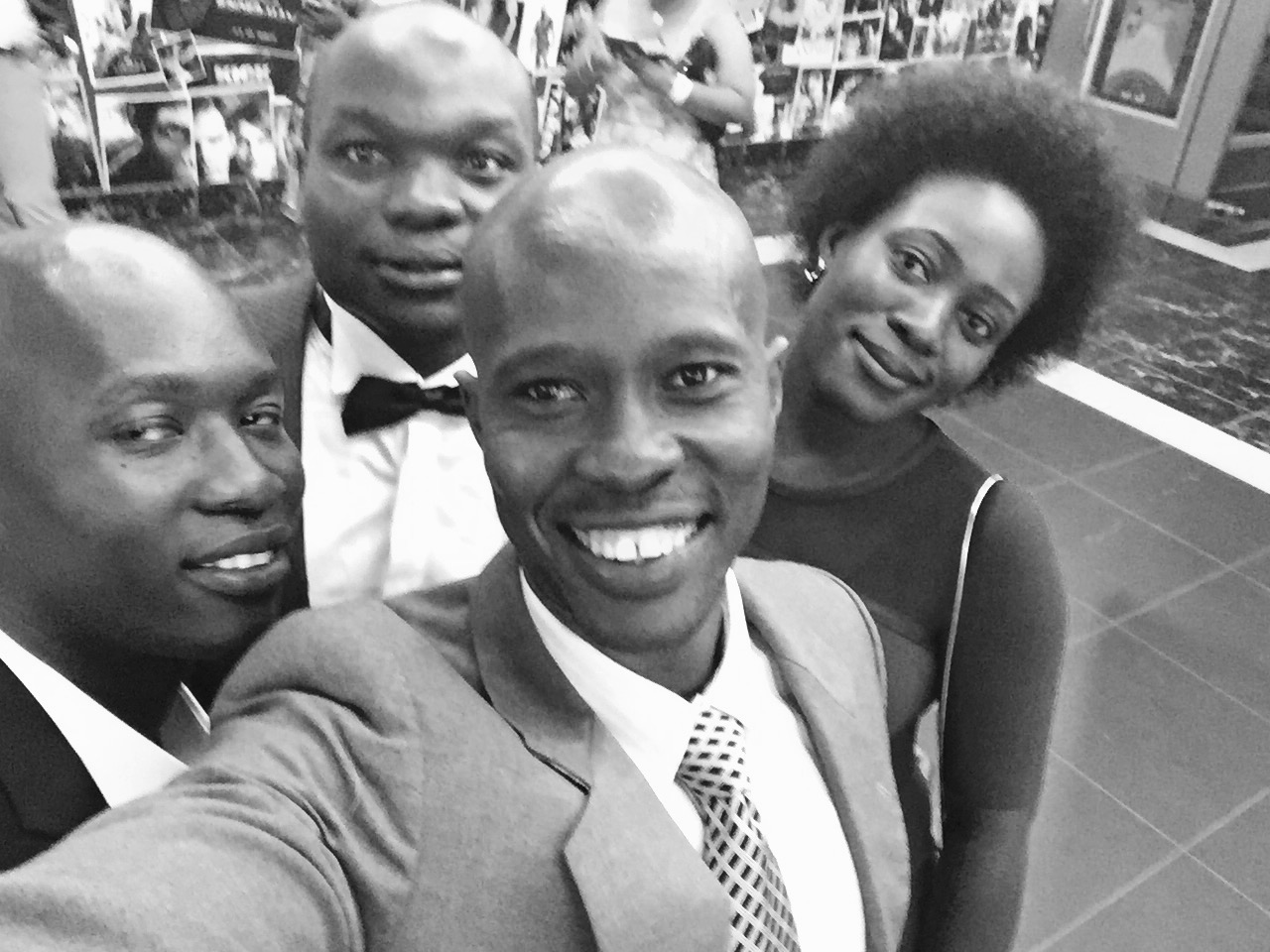
( Above Derrick Kbisi, Paul Kabango and his wife, and myself at the Ugandan premier of Queen of Katwe)
Izama: Did you anticipate the world wide impact of Black Panther when you were doing the production?
Kibisi. No. We did not expect Black Panther to be this massive. We are super excited and proud to have been part of the production. There was actually no Black Panther during the shoot. The show was called “Motherland” when we shot it.
Izama; What does it mean for your team and crew to be part of such a global phenomenon that Black Panther has become?
Kibisi: For the Ugandan crew – we learnt a lot and also happy to always promote Uganda as a filimg destination in the region. We think of Uganda as the go-location between Morocco and South Africa ( currently the top film destinations in Africa)
Izama: How does Black Panther change the location appeal of Uganda ( you and I have been discussing this over many years now and during the filming of Queen of Katwe)
Kibisi: Black Panther is a wake-up call for film studios that Uganda is a prime location to shoot anything from commercials, documentaries and feature films.
Izama: What projects are you working on now after Queen of Katwe ( the last major production)
Kibisi: Last year was a good year for Talking Film and Uganda as a film location. We worked with American Chase Bank for a commercial in Bwindi, a Spanish thriller “Sarah’s Notebook, an Italian Reality TV show with two leading Italian actors. We also worked on DJ Diplo’s Africa trip to Uganda and Ethiopia for GQ Magazine and several other shows for Dutch, American and French shows and collaborated with ESPN, National Geographic and HBO.
End Note: One of the main challenges for Uganda and film production as I have written earlier following Queen of Katwe is the tax set-up for productions. There is still no clear path on the system of tax rebates that makes destinations like Morocco and South Africa attractive. It is still a point of engagement with the Ugandan government.

